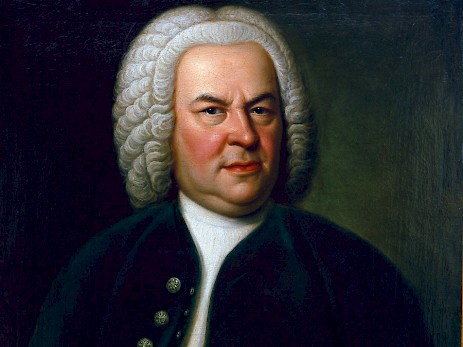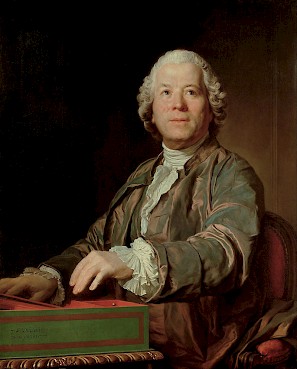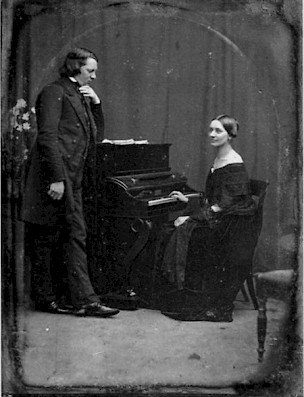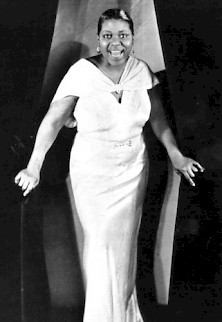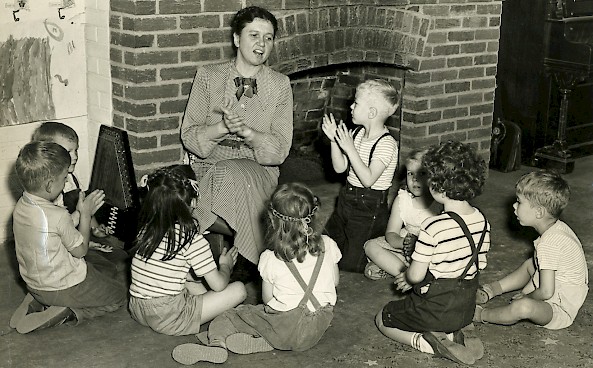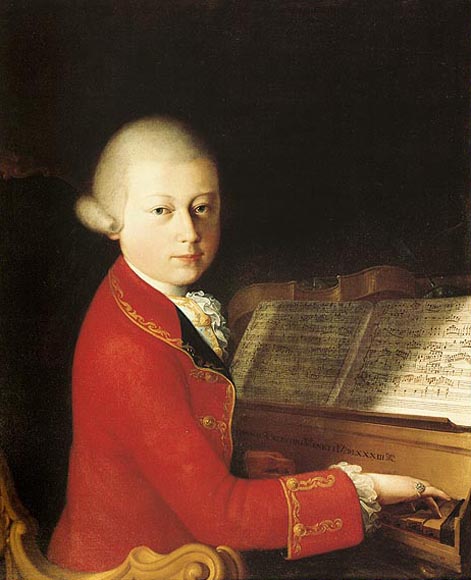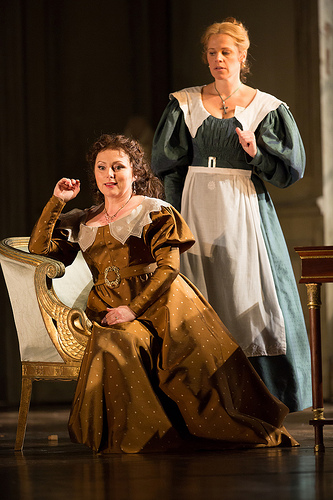Undergraduate music modules
At various times between 1998 and 2015, I've taught the following undergraduate modules for music students at the University of Southampton:
Music in 18th-Century Europe - This course surveyed a group of central repertory works in 18th-century European music. The focus moved from linear and formal techniques in instrumental music early in the century (Corelli, Vivaldi, J.S. Bach) to musical drama, polemic and reform in the middle decades (Rameau, Handel, Piccinni, Gluck), and then to a new intelligibility in symphony and concerto (Mozart, Haydn). Lectures also proposed alternative ways of looking at the whole century other than as a shift from baroque to classical style, drawing on geographical, social and intellectual contexts. A corollary aim throughout was to foster critical thinking about received notions of canonic music, music history and historiography.
'really well presented and organised'
'filled a gap in my musical knowledge'
'excellent idea of two completely different aims for each assignment'
3 students
Music, Gender and Sexuality - This class introduced historical and theoretical issues behind modern concern about gender and sexuality in music, including patriarchal history, mechanisms of canon formation and gendered discourse. Each strand was anchored in the lives and work of real musicians, women and men, past and present, 'cultivated' and 'vernacular' traditions. New critical readings of repertory works by men (Tchaikovsky, Bizet) and of peripheral works by women from Caccini to Chaminade were presented, followed by case studies of five important women composers and their music: Hensel, Schumann, Boulanger, Clarke and Crawford Seeger. Corollary aims were to challenge thinking about how one personally listens and judges, and to help students discover both unfamiliar music and new methods of career negotiation.
'Please run this course again! I've never learnt so much in 4 months'
'Really good course. Interesting, enjoyable & challenging'
'Great course. Brilliant lectures!'
3 students
Mozart in Vienna: 1781-1791 - This module surveyed the musical and cultural environment in which Mozart worked during the last decade of his life, looking at features of his mature style in several genres. Starting with differences between Salzburg and Vienna, students learned about Mozart's freelance performing and publishing methods, his dealings with patrons, changing family relations, travels, and the political conditions affecting his genre choices, including stylistic influences from other composers and across his own work. Lectures focused particularly on the piano concertos K449, K456 and K491; the 'Haydn' quartets, especially K387, K458 ('Hunt') and K465 ('Dissonance'); Le nozze di Figaro; and three of the last four symphonies ('Prague', G-minor and 'Jupiter'). Public and critical reception in the period, myth-making after an early death, and the unfolding trajectory of 19th- and 20th-century Mozart scholarship and reception made a rounded close to the course, encouraging students to probe 'genius' stories as against the alternative - a gifted yet ordinary working creative constantly seeking new ways to stretch himself.
'I really enjoyed getting to know Mozart and all the works we covered ... I especially appreciated the freedom we were given in our essay question'
'I thoroughly enjoyed the Mozart module this semester ... many thanks for teaching me'
2 students
 Langley
Langley
